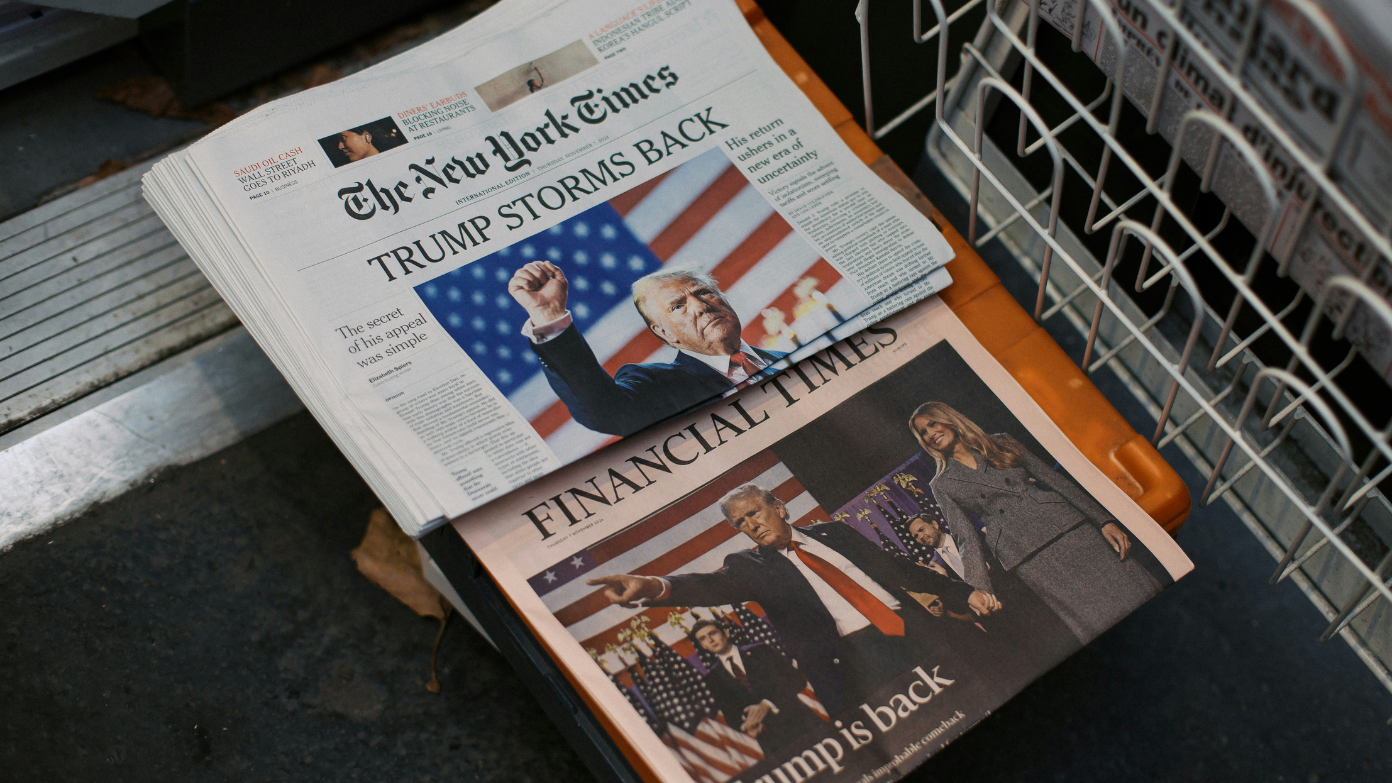The Panama Canal, a vital water artery connecting the Atlantic and Pacific Oceans, has been a focal point of U.S.-Panama relations since the early 20th-century construction of the canal. Recently, former President Donald Trump made headlines when he suggested that the United States should “take back” the canal, asserting that China has gained too much influence over this critical trade passageway. This paper discusses the history of the canal, Trump’s assertions, and the legal and political realities facing any possible U.S. actions with respect to the canal.
Historical background on the Panama Canal
The United States constructed the Panama Canal in the early 1900s, following the backing of Panama’s independence from Colombia. The Hay-Bunau-Varilla Treaty of 1903 granted the U.S. control over the canal zone and enabled it to build and run the canal. However, this control was resented by Panamanians, which set the stage for decades of negotiations over sovereignty.
In 1977, President Jimmy Carter signed the Torrijos-Carter Treaties, setting a timetable to transfer control of the canal to Panama. On December 31, 1999, full control over the canal was ceded to Panama, a move many took as a major shift in U.S.-Panama relations and a recognition of Panama’s sovereignty.
Trump’s claims and rhetoric
During his latest inaugural speech on January 20, 2025, Trump declared that he would “take back” the Panama Canal, saying American ships are overcharged and that China is really running the waterway. He said this is in breach of agreements made at the time of the transfer to Panama and hinted that even military action is not out of the question if needed.
Trump’s remarks have caused indignation in Panama, where President José Raúl Mulino flatly rebuffed Trump’s claims by stating, “the canal belongs to Panama,” speaking from a place of national pride over its reacquisition as detailed here, Could the US take back the Panama Canal? Trump demands retaking control of the vital shipping route. The rhetoric since Trump’s comments has also risen anxiety among Panamanians of possible US intervention that evokes memories of the country’s military past.
Legal limitations on U.S. control
Despite Trump’s claims, there are significant legal impediments to any unilateral action by the United States to retake control over the Panama Canal. The Torrijos-Carter Treaties, ratified by the U.S. Senate in 1978, provided that control over the canal would be transferred to Panama and included provisions for its neutrality.
Under international law and treaty obligations, any attempt at re-taking control would likely be viewed as an act of aggression. The use of military force to reclaim territory is fraught with legal complexities and could lead to severe diplomatic repercussions not only with Panama but also with other nations observing U.S. actions.
Moreover, any military intervention would have to be approved by Congress under U.S. law, particularly given contemporary constructs controlling military action. The scope of such an operation would be huge; estimates are that a successful counterinsurgency campaign could involve tens of thousands of troops because of Panama’s population size.
China’s role
Trump’s worries about Chinese influence in Panama are not without reason. The increasing economic presence of China in Latin America has raised the antennae of U.S. policymakers. In recent years, China has invested in many infrastructure projects across Central America, including ports linked to the canal.
It’s also important to note that some shipping and logistics facilities along the canal might be managed by Chinese companies, but none of them manages the canal itself. The Panama Canal Authority, an autonomous agency of the government of Panama established under Panamanian legislation and laws-operates all aspects concerning the canal, and there is a charge at internationally set rates for transit.
What can Trump do?
While Trump cannot “take back” the Panama Canal, he has avenues through which to influence US-Panama relations using diplomacy or more significant investment in Panamanian infrastructure and companies directly related to the operations of the canal itself. Allaying some of these fee and pro-Chinese concern might come with better trade relations through treaties or collaborations that would enhance partnership relations.
Moreover, increased U.S. support for Panamanian sovereignty, together with concern for the legitimate interests of maritime security, can develop a more cooperative relationship between the two countries.
Read more: Who is Kevin Marino Cabrera, Donald Trump’s pick for U.S. ambassador to Panama following the president-elect’s claims about the country
Read more: Can Trump change Biden decision to commute death row sentences for 37 inmates?
